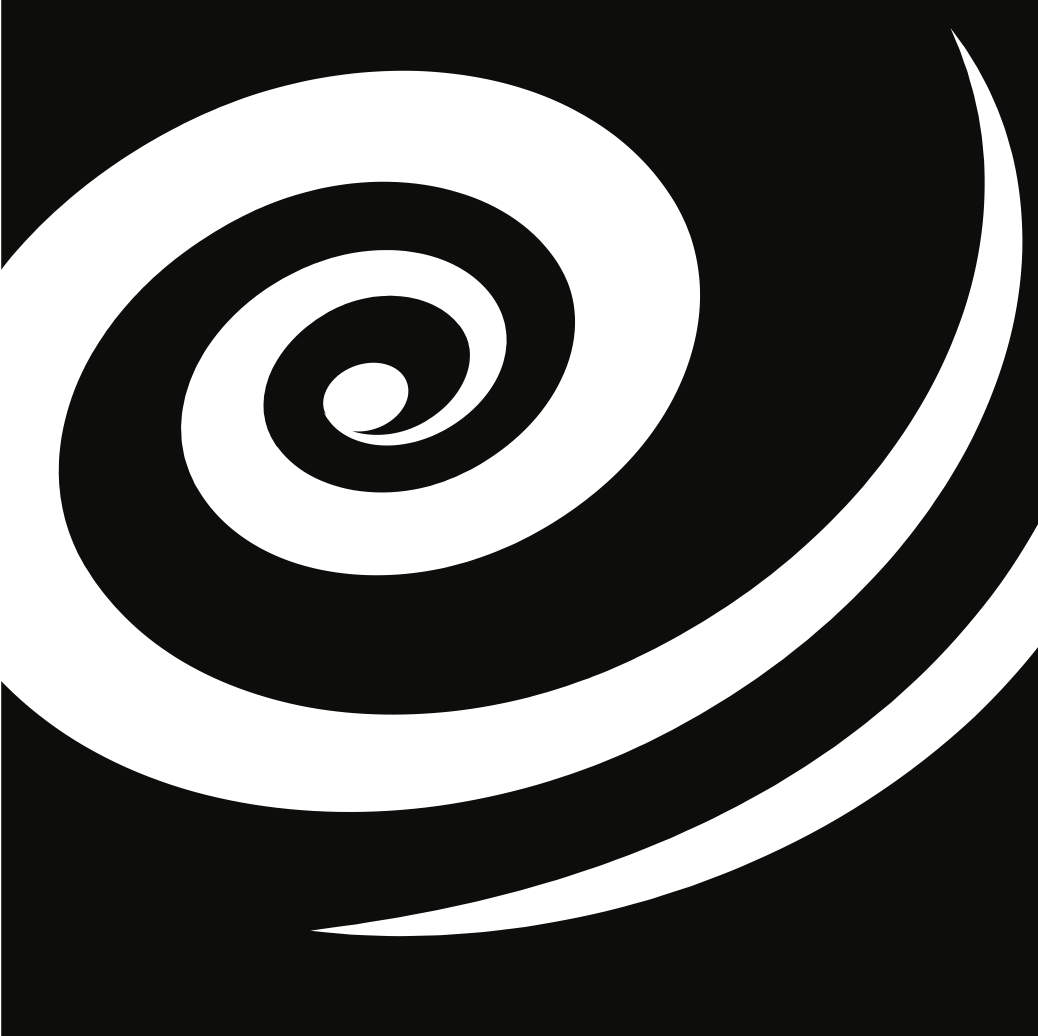Postdoctoral Research Associate
One Postdoctoral Researcher Position within the NCSA Astronomy and Astrophysics Group at the National Center for Supercomputing Applications at the University of Illinois at Urbana-Champaign, full-time, 100% (2-year duration, with possibility of extension, contingent upon funding).
The NCSA Astronomy and Astrophysics Group, in close collaboration with the University of Illinois at Urbana-Champaign Astronomy Department, has diverse research interests across astrophysical phenomena and disciplines within astronomy, astrophysics and relativity, touching on theory (gravitational waves), computational (star formation, galaxy formation, numerical relativity), and observational (DES, LSST, CARMA, SKA). In addition to scientific topics, the NCSA Astronomy and Astrophysics Group is actively engaged in next-generation scientific practices, such as development of cyberinfrastructure (e.g., Cactus, yt, and Enzo), enabling open access, fostering reproducibility, and data topics spanning from the development of observational pipelines to the architecting of the National Data Service. The group is particularly interested in new science insight and challenges around multi-messenger astronomy, data synthesis and community data services.
The NCSA Astronomy and Astrophysics group is composed of numerous researchers from NCSA, the Department of Astronomy and the Department of Physics. Postdocs hired under this solicitation will work most closely with Prof. Ed Seidel, Prof. Gabrielle Allen, Dr. Eliu Huerta and Prof. Matthew Turk.
The National Center for Supercomputing Applications is a leader in supercomputing as well as computational and data science. NCSA hosts the NSF-funded Blue Waters supercomputer, and leads the NSF XSEDE project. Recently, NCSA has expanded its research activities and strengthened connections to the UIUC campus through new faculty-led thematic areas, including Computing and Data Sciences, Physics and Astronomy, Bioinformatics and Health Sciences, Culture and Society, Materials and Manufacturing, and Earth and Environment. NCSA maintains an energetic visitors program and hosts regular workshops and conferences throughout the year.
Responsibilities:
The successful candidate will play a key role in research activities in numerical relativity around the simulation of compact binaries for the modeling and detection of gravitational wave sources with ground-based detectors. Specific responsibilities include: preparing peer-reviewed publications, participating in community-focused open source development of scientific tools (such as the Einstein Toolkit or Cactus Framework), participating in grant proposal writing, giving presentations at professional meetings. Researchers are encouraged to further their own research interests in collaboration with the broad range of projects ongoing at NCSA. Individuals experienced in developing and applying the Einstein Toolkit are especially sought.
More information about the NCSA Astronomy and Astrophysics group can be found online. For more information about these opportunities, please contact Gabrielle Allen or Ed Seidel.
Qualifications:
Applicants should have received a recent Ph.D. in Astrophysics, Physics, Computer Science, or a related field by the start of the position. Applicants should have demonstrated research skills in one or more of the research areas of the NCSA Astronomy and Astrophysics Group. Successful candidates will be evaluated on their abilities in mathematical and numerical general relativity.
The appointment will last for two years and may be renewed beyond that contingent upon availability of funding and performance. Salary is competitive and commensurate with experience and relevant research.
Start Date:
As soon as possible and no later than September 1, 2016.
Application Process:
To ensure full consideration, qualified candidates must prepare:
- Cover letter
- Curriculum Vitae
- Brief (2 page) statement of past research and future goals
- Contact information of three references
This information should be submitted via e-mail to gdallen@ncsa.illinois.edu with the subject heading “NCSA Postdoc Application” by the closing date of February 1, 2016. All requested information must be submitted for your application to be considered. Incomplete information will not be reviewed. Applications may be reviewed prior to the closing date while the search may continue until the positions will be filled.
The University of Illinois conducts criminal background checks on all job candidates upon acceptance of a contingent offer.
Illinois is an equal opportunity employer and all qualified applicants will receive consideration for employment without regard to race, religion, color, national origin, sex, age, status as a protected veteran, status as a qualified individual with a disability, or criminal conviction history. Illinois welcomes individuals with diverse backgrounds, experiences, and ideas who embrace and value diversity and inclusivity.
Blue Waters Internship
To help prepare the next generation of supercomputing researchers, the Blue Waters project offers paid internships to undergraduate students across the country.
- Interns participate in a two-week hands-on workshop, introducing them to the basics of high-performance computing.
- After the workshop, each intern works with a mentor and pursues a computational research R&D project over the course of the year.
- Each intern receives a stipend of $5,000.
To be eligible, students must be enrolled as an undergraduate through spring 2017 at a U.S. accredited, degree-granting institution.
Apply for an Internship
To see available internship projects and to apply, see the link.
Note that the application allows you to identify a specific faculty mentor; students who have taken the initiative to arrange an internship with a faculty member are more likely to be selected for this program.
Applications must be submitted by Feb. 1, 2016, and notifications will be made by March 1, 2016.
Interns will participate in the two-week Petascale Institute in late May 2016 at the University of Illinois at Urbana-Champaign. Students are expected to begin their projects after the workshop and to work full time during the summer, continuing the projects as their schedules allow during the academic year. Interns must submit a final paper or poster on their project; select interns will present their projects at the 2017 Blue Waters Symposium. Internships will conclude by May 31, 2017.
